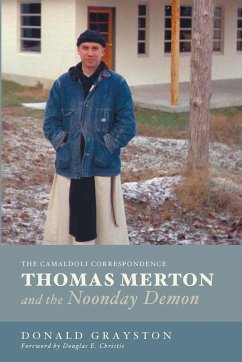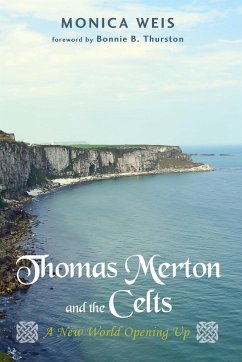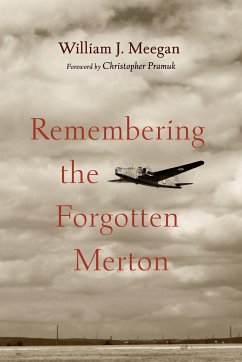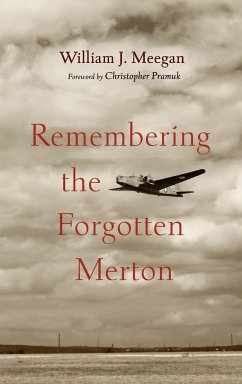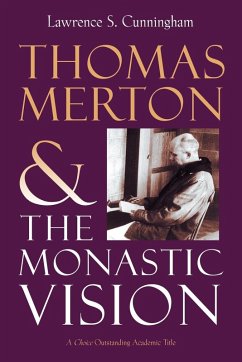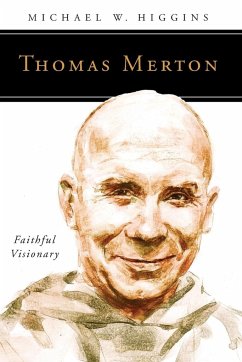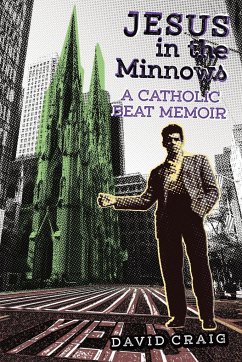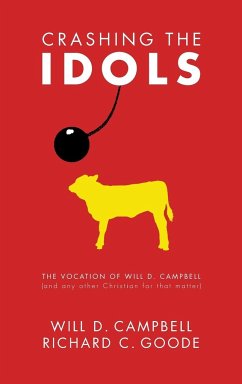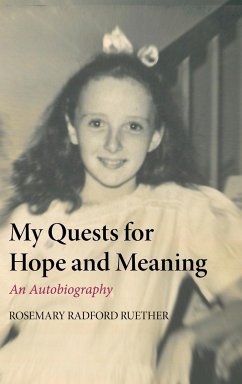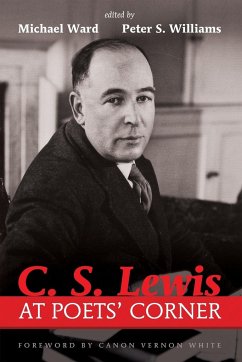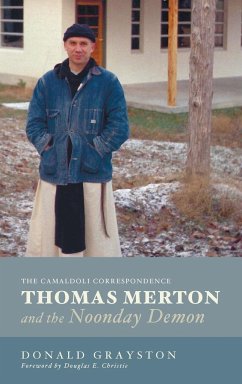
Thomas Merton and the Noonday Demon
Versandkostenfrei!
Versandfertig in 1-2 Wochen
52,99 €
inkl. MwSt.
Weitere Ausgaben:

PAYBACK Punkte
26 °P sammeln!
How did Thomas Merton become Thomas Merton? Starting out from any one of his earlier major life moments--wealthy orphan boy, big man on campus, fervent Roman Catholic convert, new and obedient monk--we find ourselves asking how by his life's end he had grown from who he was then into a transcultural and transreligious spiritual teacher read by millions. This book takes another such starting point: his attempt in the mid-1950s to move from his abbey of Gethsemani, in Kentucky--a place that had become, in his view, noisy beyond bearing--to an Italian monastery, Camaldoli, which he idealized as a...
How did Thomas Merton become Thomas Merton? Starting out from any one of his earlier major life moments--wealthy orphan boy, big man on campus, fervent Roman Catholic convert, new and obedient monk--we find ourselves asking how by his life's end he had grown from who he was then into a transcultural and transreligious spiritual teacher read by millions. This book takes another such starting point: his attempt in the mid-1950s to move from his abbey of Gethsemani, in Kentucky--a place that had become, in his view, noisy beyond bearing--to an Italian monastery, Camaldoli, which he idealized as a place of monastic peace. The ultimate irony: Camaldoli at that time, bucolic and peaceful outwardly, was inwardly riven by a pre-Vatican II culture war; whereas Gethsemani, which he tried so hard to leave, became, when he was given his hermitage there in 1965, his place to recover Eden. In walking with Merton on this journey, and reading the letters he wrote and received at the time, we find ourselves asking, as he did, with so much energy and honesty, the deep questions that we may well need to answer in our own lives.




